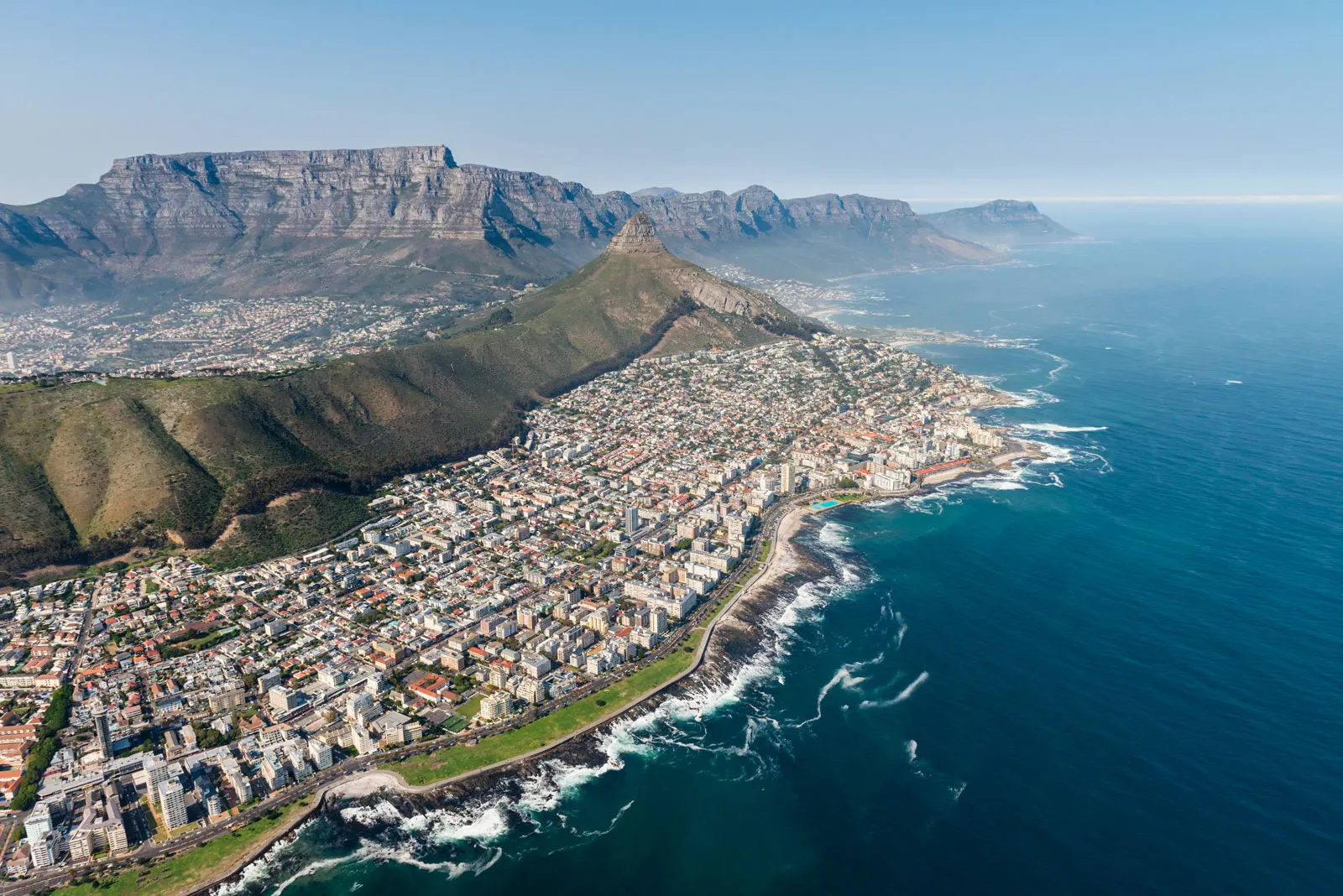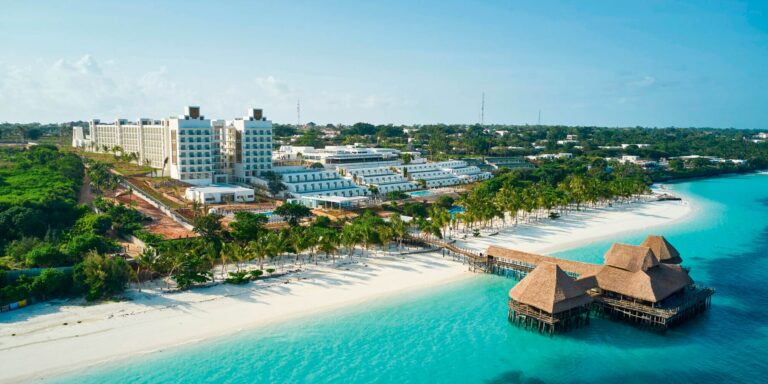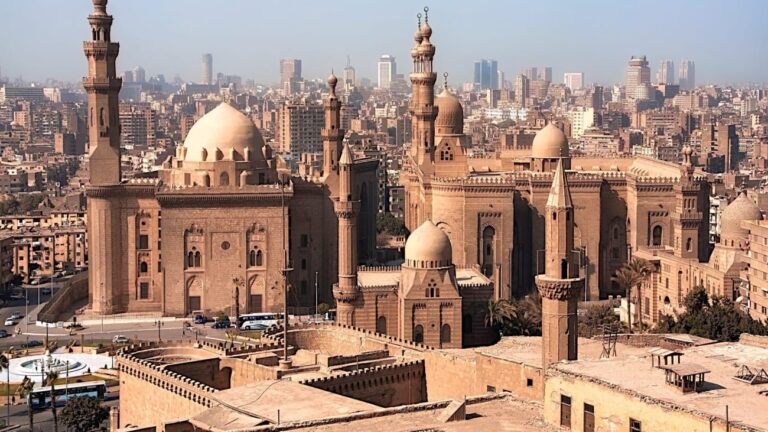Cape Town, South Africa
Exploring the Vibrant Charms of Cape Town: A Traveler’s Paradise
Nestled at the southwestern tip of Africa, Cape Town stands as a true gem of the continent. This captivating city offers a delightful blend of natural beauty, rich history, and vibrant culture, making it an ideal destination for travelers seeking an unforgettable experience. From its pristine beaches and majestic mountains to its diverse culinary scene and fascinating architecture, Cape Town has something to enthrall every visitor. In this comprehensive travel guide, we will dive deep into the appeal of Cape Town, exploring its attractions, accommodations, cuisine, climate, and much more. So fasten your seatbelts and embark on a virtual journey to the mesmerizing city of Cape Town.
Overview and Climate:
Cape Town, often referred to as the “Mother City,” is a cosmopolitan metropolis that boasts a stunning natural landscape, with Table Mountain serving as its iconic centerpiece. This picturesque city is known for its mild Mediterranean climate, characterized by warm summers and mild, wet winters. The best time to visit Cape Town is during the summer months, from December to February when temperatures range from 68°F to 86°F (20°C to 30°C). During this time, visitors can bask in the sun on the city’s gorgeous beaches, indulge in various outdoor activities, and witness vibrant festivals and events.
The Food Scene:
Cape Town’s culinary landscape is a tantalizing fusion of flavors and influences, showcasing the city’s diverse cultural heritage. From traditional African dishes to international gourmet cuisine, the food scene in Cape Town offers an exceptional gastronomic adventure. One must-try dish is the iconic Cape Malay curry, a flavorful blend of spices with roots in the city’s vibrant Cape Malay community. Another local delicacy is biltong, a type of dried and cured meat that is a favorite snack among South Africans. Seafood enthusiasts will also be delighted with the abundance of fresh catches, including succulent lobster, tender calamari, and delectable snoek.
When it comes to dining options, Cape Town has an array of choices to suit every taste and budget. From street food markets and casual eateries to fine dining establishments, the city caters to all culinary preferences. Prices for meals vary depending on the type of restaurant and location. As a general guideline, a mid-range meal at a local eatery would cost around ZAR 150-200 (approximately $10-15 USD). Fine dining experiences can range from ZAR 400-800 (approximately $30-60 USD) per person. It’s worth noting that tipping in South Africa is customary, with a standard tip of 10-15% of the total bill.
Accommodation Options:
Cape Town offers a wide range of accommodation options to suit every traveler’s needs, from luxury hotels and boutique guesthouses to budget-friendly hostels and self-catering apartments. Here are some of the top hotels that ensure a memorable stay:
- The Table Bay Hotel: Located on the vibrant Victoria & Alfred Waterfront, this five-star hotel offers breathtaking views of the harbor and Table Mountain. With its elegant rooms, exceptional service, and world-class amenities, The Table Bay Hotel is a favorite among discerning travelers.
- Twelve Apostles Hotel and Spa: Nestled between the Twelve Apostles mountain range and the Atlantic Ocean, this award-winning hotel provides a serene and luxurious retreat. Guests can indulge in the spa’s treatments, savor exquisite cuisine, and enjoy panoramic views of the coastline.
- Taj Cape Town: Situated in the heart of the city, the Taj Cape Town seamlessly combines modern luxury with historical charm. Housed in two iconic buildings, the hotel offers opulent rooms, fine dining options, and a perfect location for exploring Cape Town’s cultural attractions.
- The Silo Hotel: Located in the historic V&A Waterfront, The Silo Hotel occupies a former grain silo transformed into a lavish boutique hotel. Its exquisite design, panoramic views, and impeccable service make it a top choice for those seeking a unique and unforgettable experience.
These are just a few examples of the city’s remarkable hotels, each providing a distinct ambiance and level of luxury. It is advisable to book accommodations well in advance, especially during peak tourist seasons, to secure the best rates and availability.
Architectural Marvels:
Cape Town’s architecture is a fascinating blend of different styles influenced by its complex history and diverse cultural heritage. Here are some of the main architectural types you’ll encounter while exploring the city:
- Cape Dutch Architecture: One of the most recognizable architectural styles in Cape Town is Cape Dutch. This style originated in the 17th century and is characterized by whitewashed walls, thatched roofs, and ornate gables. The historic Cape Dutch farmhouses in the Cape Winelands region, such as Groot Constantia, offer a glimpse into the city’s past.
- Victorian Architecture: The Victorian era left its mark on Cape Town’s architecture, with elegant Victorian-style houses adorning the city’s streets. These grand residences often feature colorful facades, intricate ironwork, and beautiful verandas. The Bo-Kaap neighborhood is particularly known for its vibrant rows of colorful Victorian houses.
- Cape Malay Architecture: The Cape Malay community, with its rich Islamic heritage, has contributed to Cape Town’s architectural tapestry. Houses in the Bo-Kaap area reflect this influence, showcasing traditional Malay architecture with vibrant colors, ornate details, and iconic “gebya” (hooded) windows.
- Modern Architecture: Cape Town also boasts contemporary architectural marvels, blending modern design with sustainable features. The Zeitz Museum of Contemporary Art Africa, housed in a converted grain silo, is a prime example of innovative architecture that has revitalized the city’s skyline.
Exploring the Cultural Gems:
Cape Town is a melting pot of cultures, each contributing to its vibrant cultural scene. Here are some must-visit cultural spots:
- Robben Island: A visit to Cape Town is incomplete without a trip to Robben Island, a UNESCO World Heritage site. This historic island served as a political prison during apartheid and was where Nelson Mandela was incarcerated for 18 years. Guided tours provide a powerful and insightful look into South Africa’s tumultuous history.
- District Six Museum: Located in the city center, the District Six Museum tells the story of the forced removals and displacement of residents during apartheid. Through interactive exhibits and personal narratives, visitors gain a deeper understanding of the impact of apartheid on the local community.
- Kirstenbosch National Botanical Garden: Nestled at the foot of Table Mountain, Kirstenbosch is renowned for its extraordinary floral diversity and breathtaking natural beauty. The garden hosts outdoor concerts, art exhibitions, and scenic walking trails, making it a haven for nature lovers and culture enthusiasts alike.
- Iziko South African Museum and Planetarium: Situated in the historic Company’s Garden, the South African Museum offers a captivating journey through the country’s natural and cultural heritage. Explore its extensive collection of fossils, indigenous artifacts, and exhibitions that showcase South Africa’s rich biodiversity.
The Best Time to Visit:
The best time to visit Cape Town depends on personal preferences and the experiences you seek. If you enjoy mild weather, fewer crowds, and lower prices, consider visiting during the shoulder seasons of spring (September to November) or autumn (March to May). During these periods, the weather remains pleasant, with temperatures ranging from 61°F to 77°F (16°C to 25°C), making it ideal for outdoor activities such as hiking, wildlife viewing, and exploring the city’s attractions.
However, if you’re longing for sun-soaked days at the beach and a lively atmosphere, the summer months (December to February) are perfect. Be prepared for higher temperatures, reaching up to 86°F (30°C), and an influx of tourists during this period. This is also when the city hosts several festivals, such as the Cape Town International Jazz Festival and the Cape Town Carnival, adding an extra layer of excitement to your visit.
Getting to Cape Town:
Cape Town is well-connected to major cities around the world, with Cape Town International Airport (CPT) serving as the primary gateway. Numerous airlines offer direct flights from various international destinations, making it convenient for travelers to reach the city. The airport is approximately 12 miles (20 kilometers) from the city center, and taxis, shuttle services, and car rentals are readily available for transportation to your accommodation.
For travelers within South Africa, Cape Town is easily accessible by road and rail. The city is connected to major cities such as Johannesburg and Durban via an extensive road network and luxury coach services. The renowned Blue Train also offers a luxurious rail journey to Cape Town, providing passengers with an opulent travel experience.
Additional Nearby Locations:
While Cape Town itself offers a plethora of attractions, there are several nearby destinations that are worth exploring:
- Cape Winelands: Located just a short drive from Cape Town, the Cape Winelands region is a haven for wine enthusiasts. Stellenbosch, Franschhoek, and Paarl are renowned for their award-winning vineyards, picturesque landscapes, and charming historic towns. Enjoy wine tastings, cellar tours, and delectable cuisine as you savor the delights of this scenic wine region.
- Cape Point and the Cape of Good Hope: A visit to Cape Town wouldn’t be complete without a trip to Cape Point Nature Reserve, where the Atlantic and Indian Oceans meet. Take a scenic drive along Chapman’s Peak, hike up to the iconic Cape Point Lighthouse, and marvel at the breathtaking coastal views. Nearby, the Cape of Good Hope is a place of historical significance and stunning natural beauty, perfect for nature enthusiasts and photographers.
- Hermanus: If you’re a fan of marine life, a visit to Hermanus is a must. Known as one of the world’s best land-based whale-watching destinations, Hermanus offers thrilling opportunities to spot Southern Right Whales from the shoreline. The town also boasts beautiful beaches, charming shops, and excellent seafood restaurants.
Interesting Facts:
- Table Mountain: Table Mountain, one of the New7Wonders of Nature, is an iconic landmark in Cape Town. The mountain is often covered by a unique cloud formation known as the “tablecloth,” adding to its allure.
- Penguins at Boulders Beach: Just a short drive from Cape Town, Boulders Beach is home to a colony of African penguins. Visitors can observe these adorable creatures in their natural habitat and even take a dip in the ocean alongside them.
- Multilingual City: Cape Town embraces its multicultural heritage, and you’ll hear a variety of languages spoken, including English, Afrikaans, Xhosa, and Cape Malay.
- Cape Floral Kingdom: Cape Town is located within the Cape Floral Kingdom, a UNESCO World Heritage site and one of the world’s richest plant regions. The fynbos vegetation found here is both diverse and unique, with many species found nowhere else on Earth.
In conclusion, Cape Town captivates visitors with its stunning natural beauty, rich cultural tapestry, and a wide array of experiences to suit every traveler. From its golden beaches and majestic mountains to its vibrant culinary scene and fascinating architecture, Cape Town has an undeniable appeal. Whether you’re seeking adventure, relaxation, or a deeper understanding of South Africa’s history and culture, this vibrant city promises an unforgettable journey. So pack your bags, embrace the spirit of exploration, and discover the allure of Cape Town for yourself.






